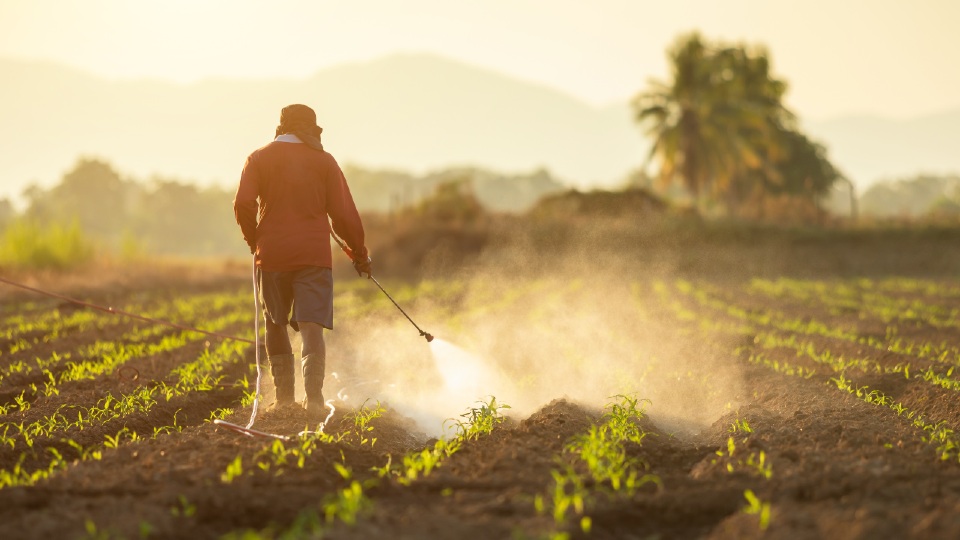The research – which brings together Loughborough University, US, and Australian universities – predicts that by the end of the century labour productivity could fall as low as 40% in key food production regions like Pakistan and India.
While other important crop-growing regions in Southeast and South Asia, West and Central Africa, and northern South America are expected to see physical work capacity reduced to 70%.
“Assessments consistently conclude that climate change will reduce crop yields making food security challenges worse”, says study lead Professor Gerald Nelson, of the University of Illinois.
“But it’s not only crops and livestock that are affected. The agricultural workers who plant, till, and harvest much of the food we need will also suffer due to heat exposure, reducing their ability to undertake work in the field.”
Published in the Global Change Biology journal, the study involved using computational models to predict the physical work capacity (PWC) – defined as ‘an individual's work capacity relative to an environment without any heat stress’ – under different predicted climate change scenarios.
The models, developed by Loughborough University, are based on data from over 700 heat stress trials – which involved observing people working in a wide range of temperatures and humidities, and differing weather conditions, including sunshine and wind.
The maximum work capacity achievable by individuals in a cool climate was used as the benchmark for the study – representing 100% physical work capacity.
Reductions in capacity mean people are limited in what they can physically do, even if they are motivated to work. This may translate as farmers needing extra workers to do the same job, or if these are not available, then reducing their crop sizes.
Agricultural workers are already feeling the heat, the study reveals, with half the world’s cropland farmers estimated to be working below 86% capacity in 'recent past' (1991-2010) climate conditions.
As a next step, the study considered potential adaptations to mitigate the impact of climate change on agricultural workers.
Switching to nighttime or shade work to reduce direct solar radiation, was shown to lead to a 5-10% improvement in worker productivity.
A second investigated option is to increase the global use of mechanical machinery and equipment, particularly in Sub-Saharan Africa, where agricultural practices largely involve hard physical labour.
Of the importance of the study, Loughborough University’s Professor George Havenith said: “This research demonstrates once again the large impact climate change will have on life in various regions around the world, and quantifies the effects on agricultural productivity.
“Understanding the full impact of climate change on worker productivity enables us to predict the economic impact of climate change and guide mitigation efforts that ensure we keep workers safe while limiting productivity losses.
“We hope the suggested adaptations can help guide investments to support agricultural workers and food security as climate change makes the outdoor working environment increasingly inhospitable.”
The paper, titled ‘Global reductions in manual agricultural work capacity due to climate change’ can be read in full online.
